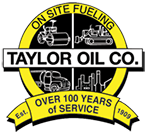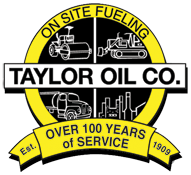Fall Driving Fleet Safety Tips
Fall Driving Fleet Safety Tips - Well, it’s that time of year again: the leaves are changing, pumpkins are out, and the weather is getting cooler. Fall is nearly here, and with it, new dangers are present on the roadways. Here are some tips to think about and hazards to watch out for as we head into autumn. Heed the Leaves More and more leaves will fall onto the roadways, covering up traffic lines, pavement markings and even hazardous pot holes. When it rains, as fall is prone to do in New Jersey, wet leaves could make your vehicle slip and slide, causing an accident. Take extra precaution when you see the road covered with a rainbow of yellows, reds and oranges. Be on the Lookout for Deer The fall happens to be breeding season for deer, so you’ll be seeing a lot of them on the sides of the roads. More than likely, one of them will dart out in front of you at some point, sometimes in groups. Heed these tips: Keep your eyes open. If you spot a deer on the side of the road, slow down. Chances are, there’s more than one. Brake, don’t swerve. Swerving [...]



